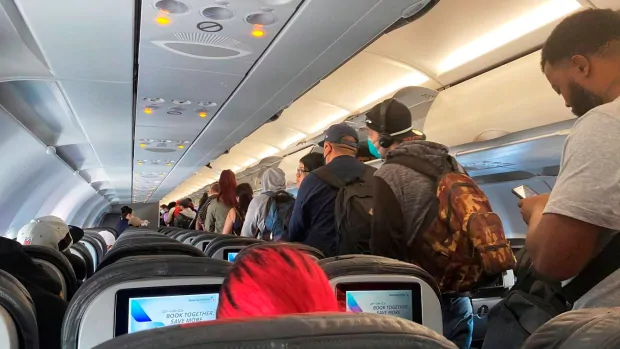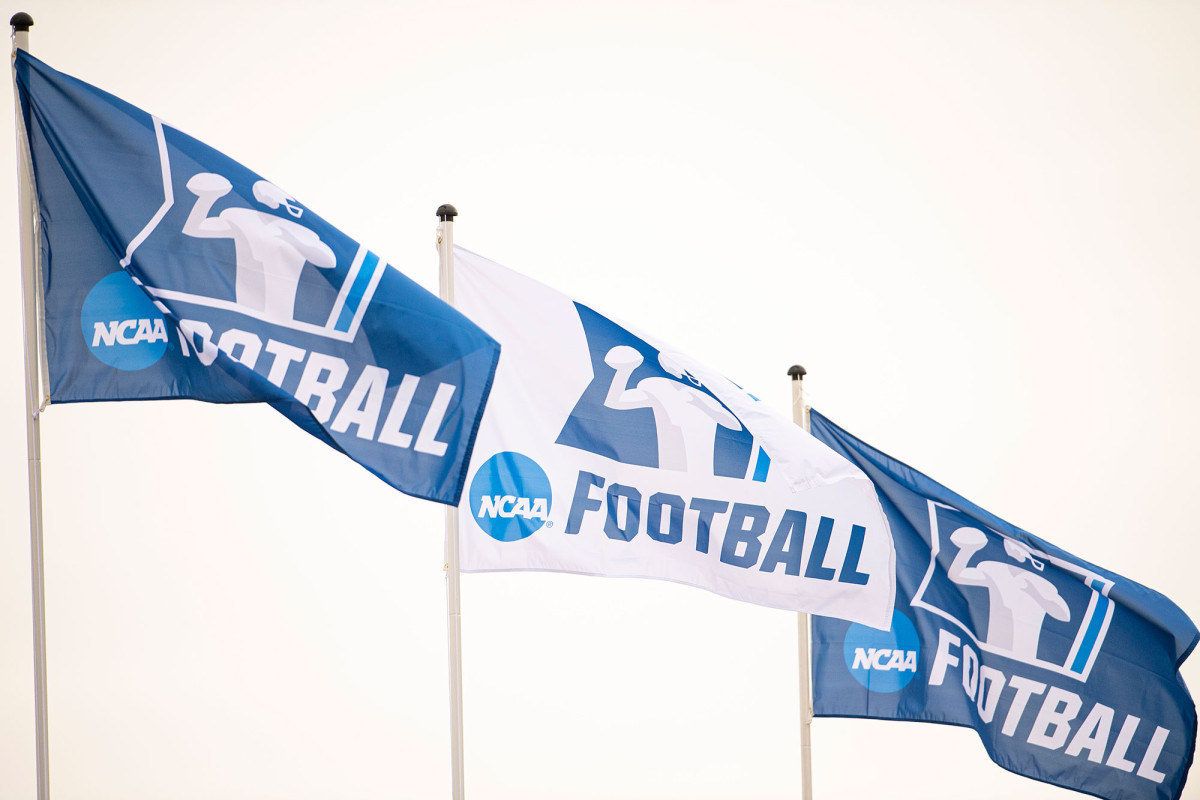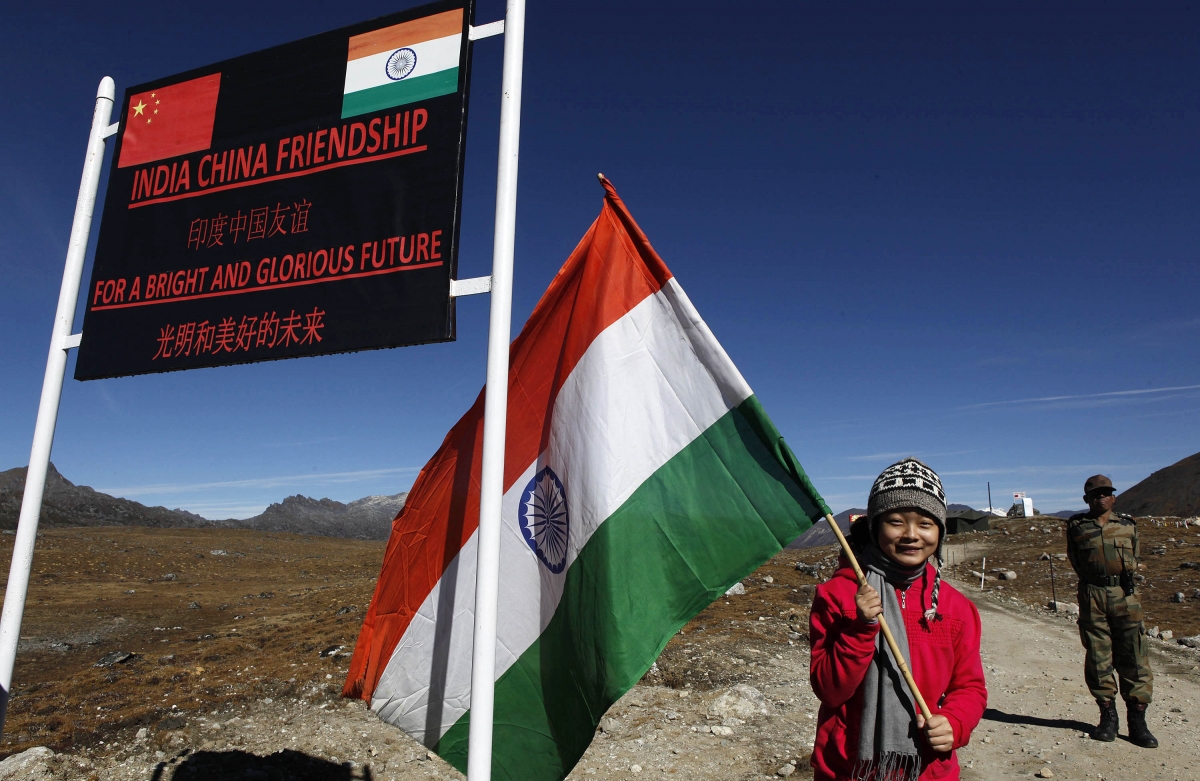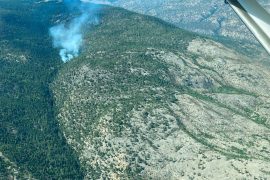Dozens of passengers on Canadian airlines have been slapped with fines or warning letters by Transport Canada in recent months for refusing to wear a mask on board a flight, with more incidents involving Alberta airports than any other province.
A review of Transport Canada data by CBC News reveals that WestJet passengers have been the hardest hit — with 50 of the 72 incidents, or nearly 70 per cent, involving passengers on the Calgary-based airline.
WestJet passengers were issued eight of the nine fines, known as administrative monetary penalties, meted out since June. The ninth fine was to a passenger who flew from Vancouver to Whitehorse on Air North in August.
Transport Canada has issued 12 warning letters to passengers on Air Canada flights, two to Jazz passengers and two to people on Air Transat flights, while Air North, Calm Air, Flair, KLM and Swoop each had one passenger who received a warning letter.
While Transport Canada provided information in September on the amounts of the first two fines levied — one in June for $1,000 and another in July for the same amount — it would only provide ranges for the amounts of most of the fines.
Overall, two people were fined between $100 and $500, five received fines ranging from $501 to $1,000, one passenger was handed a fine that ranged from $1,001 to $1,500 and another was hit with a fine of between $1,501 and $2,000.
Another 63 passengers have received warning letters. While the warning letters don’t lead directly to fines, Transport Canada spokesperson Sau Sau Liu said they can result in higher fines for a second offence.
“Based on Transport Canada’s graduated approach to enforcement action, when warranted by the results of an investigation where mitigating factors are taken into consideration, a first offence may result in a letter of warning,” she said.
“The letter serves as a reminder of the consequences the offender may face should the infraction be committed again in the future. Should a second or subsequent violation occur for the same offence/violation, Transport Canada’s process would trigger an enhanced level of enforcement action, which could result in a penalty of up to $5,000.”
But if there is evidence of “aggravating factors, such as blatant and repeated refusals to comply,” combined with such things as disrespectful or abusive language, physical or verbal threats, a first offence can result in a fine and even criminal charges, Liu said.
WestJet has ‘zero-tolerance’ mask policy
While Alberta has 11.5 per cent of Canada’s population, 36.8 per cent of the incidents occurred on flights to or from an Alberta airport. Calgary’s airport — which is a WestJet hub and is Canada’s fourth largest — was involved in 37 incidents, while Edmonton’s airport was involved in 14.
In Ontario, which has 38.2 per cent of the country’s residents, incidents on flights to or from the province’s airports made up for 23.6 per cent of the total. According to the data, Toronto’s Pearson International Airport, which has more traffic than any other Canadian airport, was the departure or arrival point in 30 incidents.
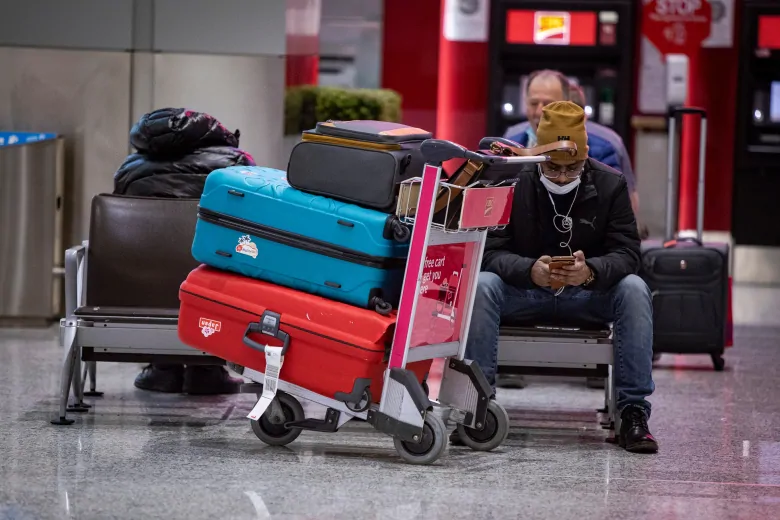
British Columbia was involved in 19.4 per cent of incidents. While 18 incidents involved flights going to or from Vancouver International Airport, there were also incidents involving flights that visited Kelowna (4), Kamloops (1), Abbotsford (3), Comox (1) and Terrace (1).
Only five incidents involved passengers flying to Canada from international airports — two from London’s Gatwick Airport, two from Paris and one from Israel.
WestJet spokesperson Morgan Bell said the airline adopted a zero-tolerance policy on mask-wearing in September.
“Our approach is zero-tolerance, as Canadian travellers and all of our WestJet Group employees are counting on us to keep them safe,” she said, pointing out that WestJet has flown more than 28,000 flights and more than a million passengers since the pandemic began.
“Travellers must understand if they choose to not wear a mask, they are choosing not to fly our airlines.”
Bell said WestJet has issued 34 red cards to passengers who refused to wear masks on board — barring them from flights on WestJet, WestJet Encore and Swoop for a year. Another 121 passengers received yellow warning cards.
Air Canada spokesperson Peter Fitzpatrick said the airline has complied with reporting obligations and worked with Transport Canada during its investigations.
Air Canada was one of the first airlines to require face coverings and recently strengthened its policy to improve the safety of passengers and crew members, he said.
“For customers eligible for a face-covering exemption, as of Dec. 15, 2020, they will also need to present a negative COVID-19 test taken within 72 hours from departure, at the airport check-in and/or prior to boarding the flight,” he wrote in an email.
“They may need another negative COVID-19 test for their return journey if the departure of their return trip exceeds 72 hours from the time the initial test was taken.”
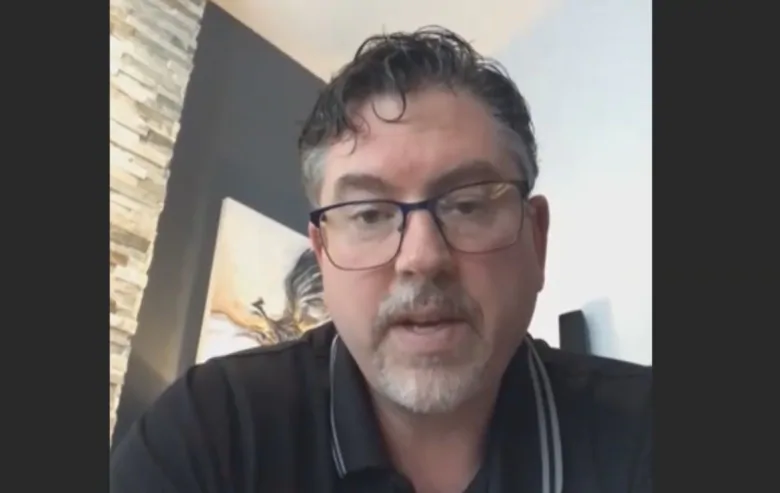
Wesley Lesosky, president of the Air Canada component of the Canadian Union of Public Employees, said he hears from his members almost every day about cases where a passenger didn’t want to wear a mask.
“It’s a health and safety concern to all, but it’s their work environment, and they need to be safe when they’re in their work environment. And if they feel unsafe because somebody doesn’t have a mask, they’re not required to put themselves in that particular situation.”

Devoted web advocate. Bacon scholar. Internet lover. Passionate twitteraholic. Unable to type with boxing gloves on. Lifelong beer fanatic.

